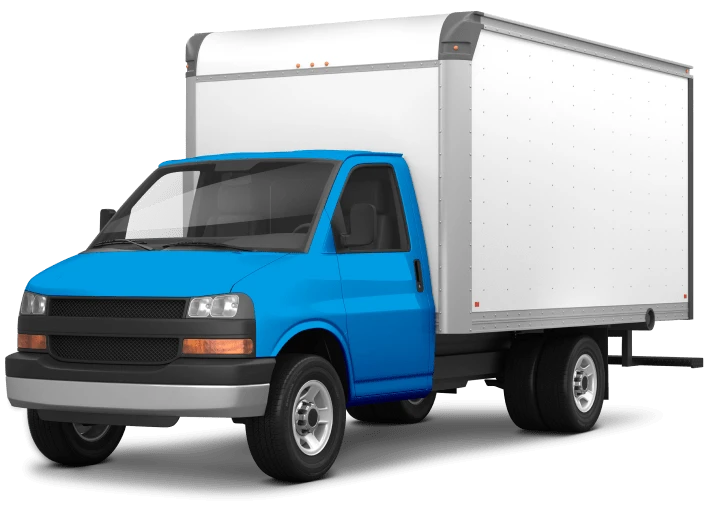What is the Difference Between OTR and Dedicated Freight Shipping
In our new post, we look at the differences between OTR and dedicated freight shipping. Feel free to subscribe to our blog and get great insights regularly.
What is the Difference Between OTR and Dedicated Freight Shipping

Difference Between OTR and Dedicated Transportation
Dedicated and OTR freight shipping are two different parts of the transportation industry. They have similarities, and sometimes, the dedicated route can be considered OTR, depending on the mileage.
Before looking at the differences between OTR and dedicated, let’s comprehend the meanings behind these terms.
- OTR (over-the-road), also known as long haul, trucking is freight transportation on long distances. Most routes that have a mileage radius longer than 250 miles can be considered OTR.
- Dedicated is a shipping service where the trucker works only on one route (location) or exclusively with one customer.
The differences between OTR and dedicated are mostly rooted in the driver’s income and the time spent on the road. Let’s look closer:
- Distances covered. Dedicated routes are mostly local deliveries that rarely exceed the state border. However, there are exceptions, and dedicated routes can become longer and be considered as OTR due to increased mileage.
- Time on the road. Most dedicated runs look like a regular full-time job where the trucker goes on the route in the morning and comes back home in the evening. OTR drivers spend up to four weeks on the road.
- Income. OTR drivers have higher pay as well as additional benefits provided by the company they work with. Dedicated drivers get lower wages but have more stability. Also, they can potentially increase the revenue due to familiarity with the route they run on.
- On-road expenses. As dedicated truckers are most likely to spend less time on the road, they have minimal spendings related to it. OTR truckers need to regularly pay for meals, showers, etc.
- Operational costs. If you are an owner-operator with a vehicle of your own and not provided by a carrier company, going OTR means serious expenses on fuel and truck maintenance.
Please fill out the form and one of our experts will contact you as soon as possible.
